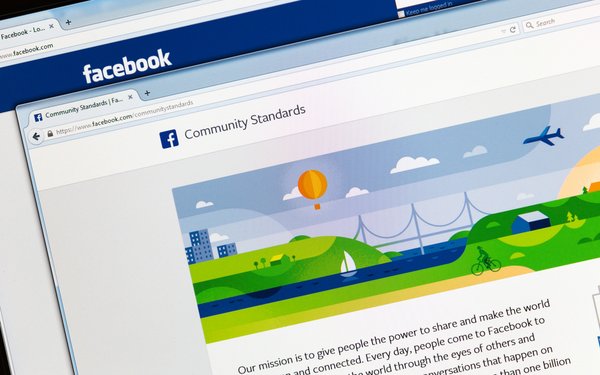
A Florida-led coalition of 11
state attorneys general is urging a federal appellate court to allow Texas to enforce a 2021 law that would prohibit Twitter, Facebook and YouTube from suppressing users' posts based on viewpoint.
Late last year, U.S. District Court Judge Robert Pitman in Austin enjoined enforcement of the law at the request of industry groups NetChoice and the Computer & Communications Industry
Association, which challenged the measure in court.
Pitman said the law infringed on social media companies' First Amendment right to wield editorial control over the content they publish.
Texas is now appealing that decision to the 5th Circuit. Late last week, Florida and 10 other states filed papers in support of that appeal.
“When a social media platform creates a
forum for billions of speakers to express their messages, the First Amendment does not prohibit laws that regulate the manner in which the platform hosts those messages,” Florida Attorney
General Ashley Moody argues in a friend-of-the-court brief.
advertisement
advertisement
Attorneys general from Alabama, Alaska, Arizona, Arkansas, Kentucky, Louisiana, Mississippi, Missouri, Montana and South Carolina
joined in the brief.
The attorneys general argue that the Texas law doesn't infringe on tech companies' free speech rights, because it only regulates how the companies treat users' speech.
“It permits social media platforms to say whatever they like; they simply must not stifle the speech of others in darkness,” the attorneys general argue.
But tech companies say
the First Amendment doesn't protect only their right to speak, but also their right to curate speech.
"The First Amendment applies equally to the publication and 'presentation of an edited
compilation of speech generated by other persons'," NetChoice and the Computer & Communications Industry Association argued in papers filed late last year, quoting from previous Supreme Court
cases. “Accordingly, platforms have a constitutional right to delete, arrange, and otherwise moderate user-submitted content.”
The law (HB20), signed by Governor Greg Abbott in September, allows large social platforms
to remove illegal content, but prohibits them from suppressing lawful speech based on viewpoint -- even if the speech is objectionable.
A proposed amendment that would have explicitly allowed
the companies to remove vaccine misinformation failed,as did a proposed amendment that would have explicitly allowed companies to take down posts denying the Holocaust.
The measure only applies to social platforms with at least 50 million users.
Last year, a federal judge in Florida blocked enforcement
of a similar law in that state. That measure would have subjected large social media platforms to fines of up to $250,000 per day for “deplatforming” candidates for statewide office, and
$25,000 per day for other offices. (The bill defines deplatforming as banning a user for more than 14 days, or permanently deleting the users' account.)
U.S. District Court Judge Robert Hinkle
in Tallahassee said that law likely violates the First Amendment.
Florida officials are appealing Hinkle's ruling to the 11th Circuit Court of Appeals.
The Republican governors of both
states have accused social media companies of bias against right-wing views -- despite a lack of evidence that tech companies disproportionately suppress conservative speech.